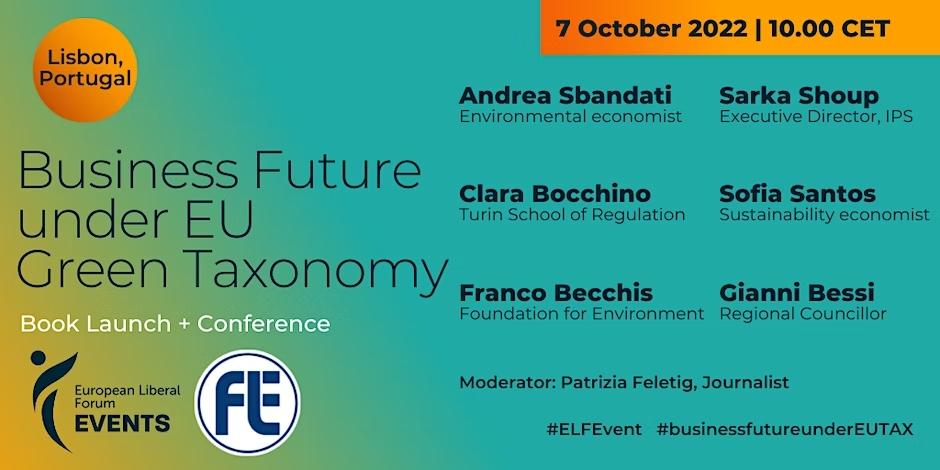Sustainable finance is one of the main pillars of the European Green Deal, since the European Commission recognises the key role of the private sector in financing the transition to Net Zero. To perform the EU’s 2030 climate and energy targets as well as the objectives of the Green Deal, the Commission is labelling sustainable activities on an environmental point of view. By shaping a Taxonomy, the Commission provides a green gold standard to shift investments toward a low-carbon and climate-resilient economy, meanwhile contributing to help investors to avoid falling into green cover-up traps.
However, EU Taxonomy faces several challenges:
- it has proven to be hard to define what is green without ambiguity and trade-off;
- technologies are evolving rapidly making viable solutions that weren’t so only a couple of years ago;
- it is complex for a company to collect standardised data and analytics to demonstrate its support to sustainable use and protection of water and marine resources.
In light of this, will the green certification act as a turbo-changer for a just and inclusive transition? Will the top-down taxonomy legislation gain general consensus? How to rebalance sustainable targets and benchmarks for the international businesses trading with European markets?
About the event
The event consists in a conference and presentation of the book “Business Future under EU Green Taxonomy”, published by the European Liberal Forum in cooperation with Fondazione Luigi Einaudi. The authors of the book, in front of an audience of experts and interested people on the topic, as well as media to ensure further coverage of the event and publication, will present their contributions contained in the book, contributing to the debate of a baseline regulation on sustainable finance and low-carbon activities, encouraging a reflection on any unintended consequence, raising a more comprehensive awareness among public and private businesses, and outlining recommendations for the implementation of EU Green Taxonomy. All this, with a focus on:
- its investments implications especially in high emitters and polluting activities like energy, steel, cement, construction and manufacturing;
- its capital costs effects;
- its human and social impacts;
- how it reflects on incentives policies (e.g., Just Transition Fund, Recovery and Resilience Fund) and possible distortive effects.
Speakers include:
- Sarka Shoup, Author, Executive Director of the Institute for Politics and Society, and European Liberal Forum Board Member (online)
- Patrizia Feletig, Journalist
- Franco Becchis, Scientific Director of Fondazione per l’Ambiente
- Sofia Santos, Sustainability economist
- Andrea Sbandati, Environmental economist and consultant
- Clara Bocchino, Human geographer, Turin School of Regulation
- Gianni Bessi, Regional Councillor for Emilia-Romagna
- Conference Moderator: Ricardo Silvestre
An event organised by the European Liberal Forum with the support of Fondazione Luigi Einaudi
An event organised by the European Liberal Forum (ELF). Co-funded by the European Parliament. The views expressed herein are those of the speaker(s) alone. These views do not necessarily reflect those of the European Parliament and/or the European Liberal Forum.



